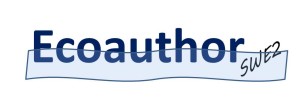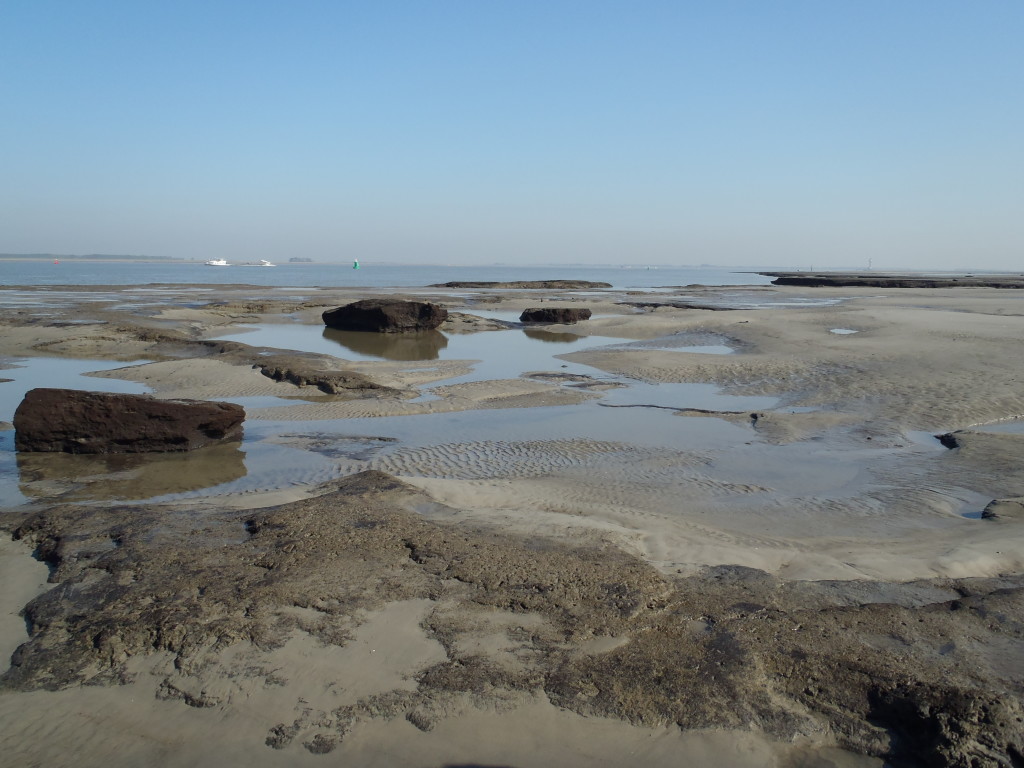Who are our customers?
Having years of expertise in fundamental and applied research and scientific writing in particular, we know that starting as a scientist (or not directly working in renowned research groups or guided by the few top-researchers in your field) might lead to serious difficulties and delays in getting your research published. Although scientific quality should be the sole criterion for acceptation or rejection of your manuscript, likelihood of getting research published significantly increases with the prestige (and/or the number of papers published) by the authors. This because in general scientific journals do not have a lack of submitted manuscripts, but do have limited time to handle all delivered copy in detail. Focusing on manuscripts from authors with a good track-record might to a certain extent be a matter of probability calculation of the highest chance of selecting future well-cited articles with limited efforts. Additionally, unfamiliarity with international scientific language and/or inexperience with scientific publishing might lead to repeated rejection of basically good quality scientific research, just due to a few unconformities. This is where Ecoauthor can help.
Additionally, many applied scientists are coping with high work pressure, busy with acquiring new and managing and executing a multitude of projects. Often the time to write scientific publications lacks or there are almost no opportunities for ‘unpaid’ activities. However from the personal carreer point of view as well as for the outreach and credibility of expertise of the company / group it is of importance to publish. This is where Ecoauthor can help; to do an important (time consuming) part of the work for just a small investment.
Major client groups:
- Researchers from countries where international scientific publishing is less common or for whom a certain linguistic barrier might hamper publication of their solid scientific work in international scientific journals. One or a few international publications will boost their carriers and improve publishing potentials for future research.
- Professionals and non-professionals without a fundamental science background, interested to publish their findings in international scientific journals. E.g. (non-) professionals working for governments, NGO’s, companies and industries, water -, land – and/or nature managing agencies and organizations. One or a few international publications will increase (international) attention for their activities and research and increases credibility.
- Starting researchers without a track-record and the desired support from a renowned research group or direct assistance from an experienced international researcher. One or a few international publications will boost their carriers and improve publishing potentials for future research.
- Applied researchers with difficulties in finding time to publish their work. Ecoauthor can do a large part of the work for you, where you only have to do the fine-tuning to make it your own.

KvK number (Dutch Chamber of Commerce): 65611330

